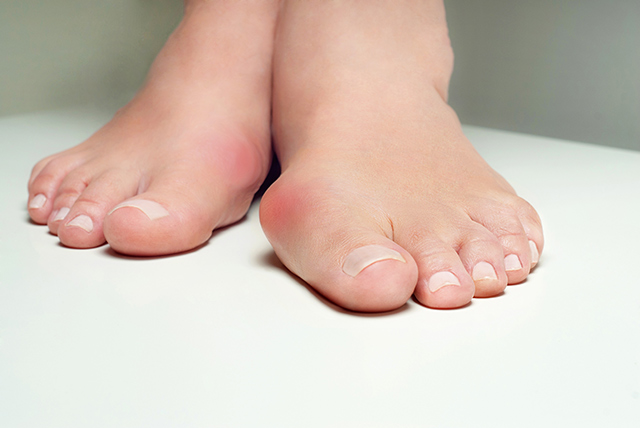BPA-free doesn’t mean toxin-free
12/30/2015 / By Vicki Batts

That BPA free water bottle might not be so safe, after all. New studies show that many so-called BPA free plastics aren’t BPA-free at all. And the ones that are free of the well-known toxic plastic are still just as harmful.
BPA, or bisphenol A, is known for its toxicity to the endocrine system. It leaches out of plastics and into the liquid or food that’s being stored in them. And then the consumer’s endocrine system is inevitably damaged and disrupted. The BPA-free plastic was born, and people forgot to remain skeptical of its replacement.
Well, a 2011 study conducted at the University of Texas and published in Environmental Health Perspectives found that most BPA-replacement plastics also release estrogen-like compounds that disrupt the endocrine system, and some actually released more of the damaging compound than BPA itself. They also found that some plastics released more chemicals when exposed to UVA light, like that water bottle left in your car.
It’s quite difficult to know what a plastic is made of specifically. Polycarbonate plastics are often the biggest culprits in BPA and the like, but that doesn’t mean other plastics are any safer. Maybe stick to glass or stainless steel for now.




















